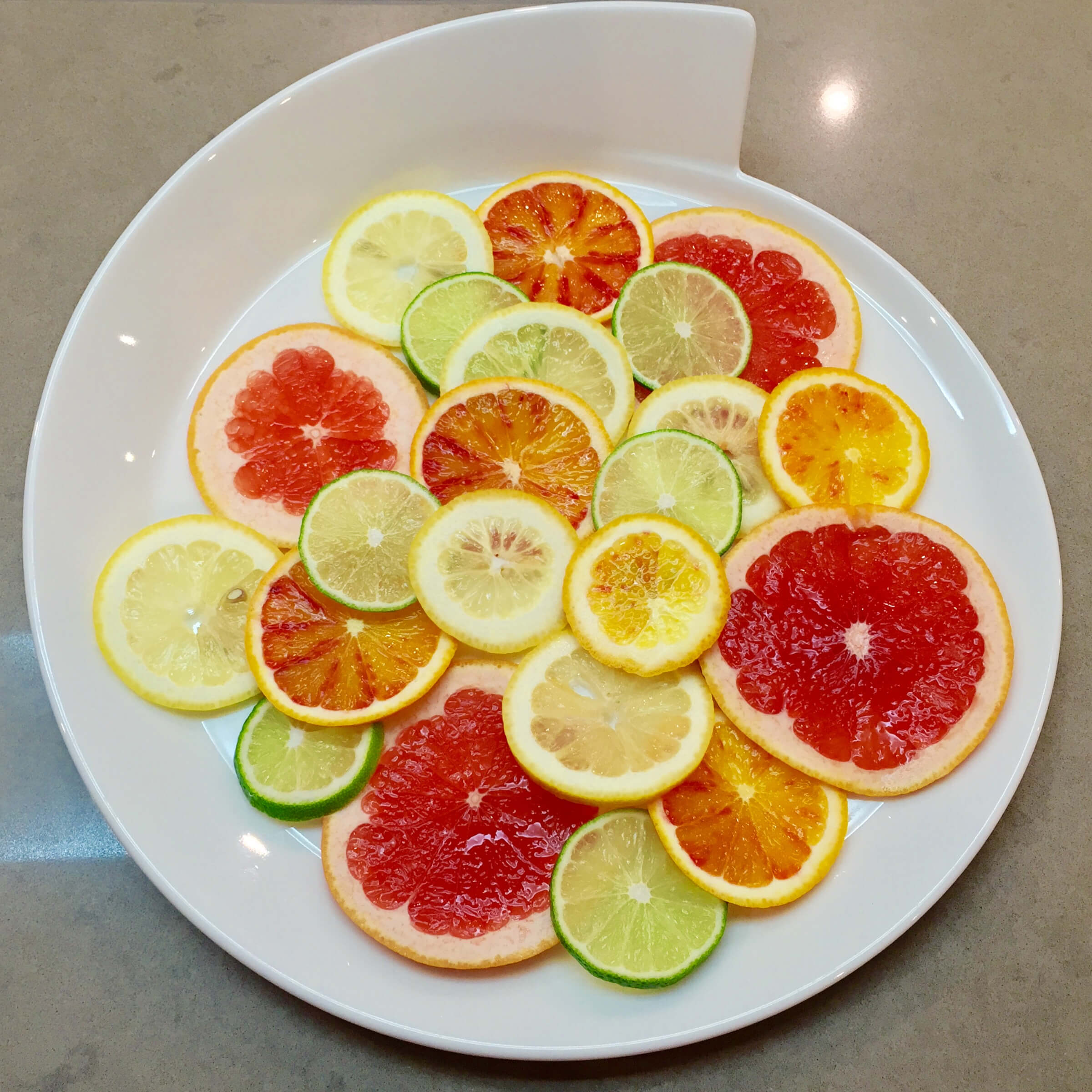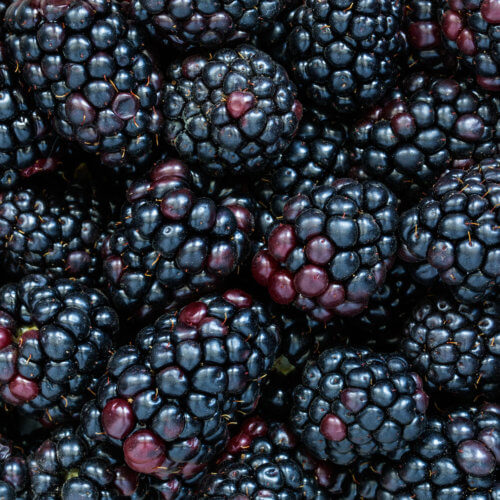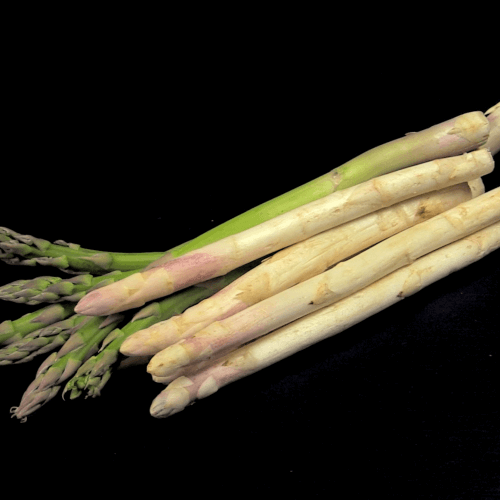We all know citrus is good for us, especially in the cold months when our immune system needs all the Vitamin C it can get! Here is a summary we have compiled from The Devilled Egg archives, detailing just a few of the benefits of orange, grapefruit, lime and lemon and various culinary as well as other uses. Disclaimer: no citrus fruit was wasted in this photo shoot – we dropped all of the slices into a massive water jugs to make refreshing citrus water.
Lemon 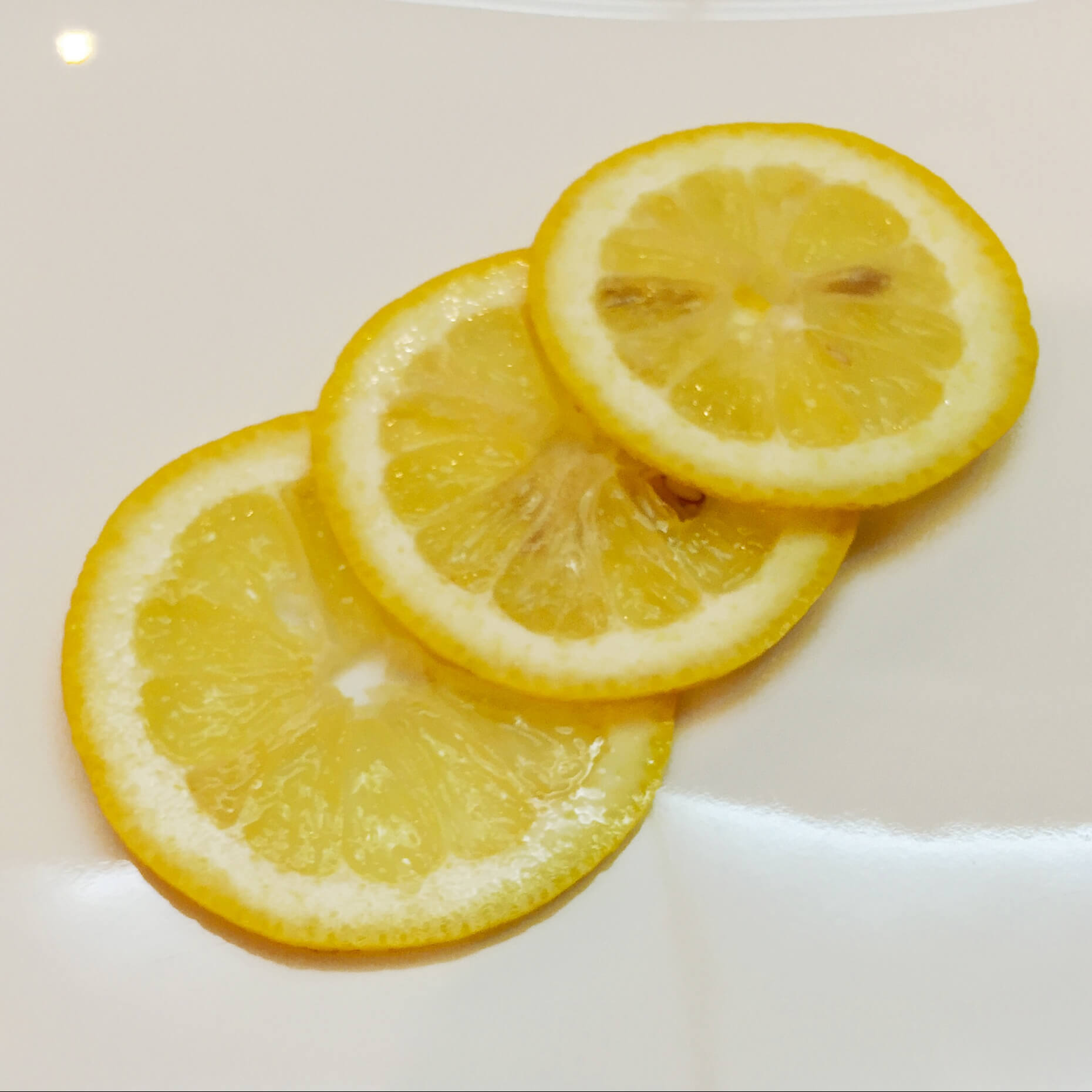 Lemons are a bit of a wonder fruit, popular among chefs and nutritionists alike. They last for several days at room temperature and will yield more juice at this temperature than a cold lemon (although they obviously grow mould a lot slower when refrigerated). Roll the lemon on your cooking surface before you try and squeeze any juice out – this helps to weaken the structure, softening the segments to release more juice.
Lemons are a bit of a wonder fruit, popular among chefs and nutritionists alike. They last for several days at room temperature and will yield more juice at this temperature than a cold lemon (although they obviously grow mould a lot slower when refrigerated). Roll the lemon on your cooking surface before you try and squeeze any juice out – this helps to weaken the structure, softening the segments to release more juice.
The health benefits of lemons are many: they contain antibacterial and anti-inflamatory elements and have excellent immunity boosting powers. Lemon juice is also a great digestive aid and liver cleanser, so stock up on lemons and try a glass of hot water with the juice of half a lemon in the morning. The fruit also contains an abundance of Vitamin C and other antioxidants which help alleviate cell damage by free radicals, hence being good for you overall health as well as making your skin look more youthful. Lastly, lemons are energising to the body and even freshen the breath, making them a particularly excellent way to start the day!
All parts of the lemon are useful in the kitchen; zest adds sharpness and a refreshing quality to many dishes (salads, risottos, fish dishes, canapés, finishing stews, many savoury raw dishes and even baking). Did you know that lemon peel contains 5 – 10 more time vitamins than the juice itself? Although try to get hold of unwaxed lemons to avoid ingesting anything unwanted. You can even freeze your lemon whole and grate onto dishes straight from frozen. If you’re cutting back on salt, lemon zest or juice is a handy substitute which brings out flavours in a similar way. The acidity of lemon juice also ‘cuts’ through fatty, oily food, which is why it works so well in vinaigrettes, butter sauces and with fried food like fish and chips. If all these tips aren’t enough for you, try our blueberry and lemon healthy scones.
Grapefruit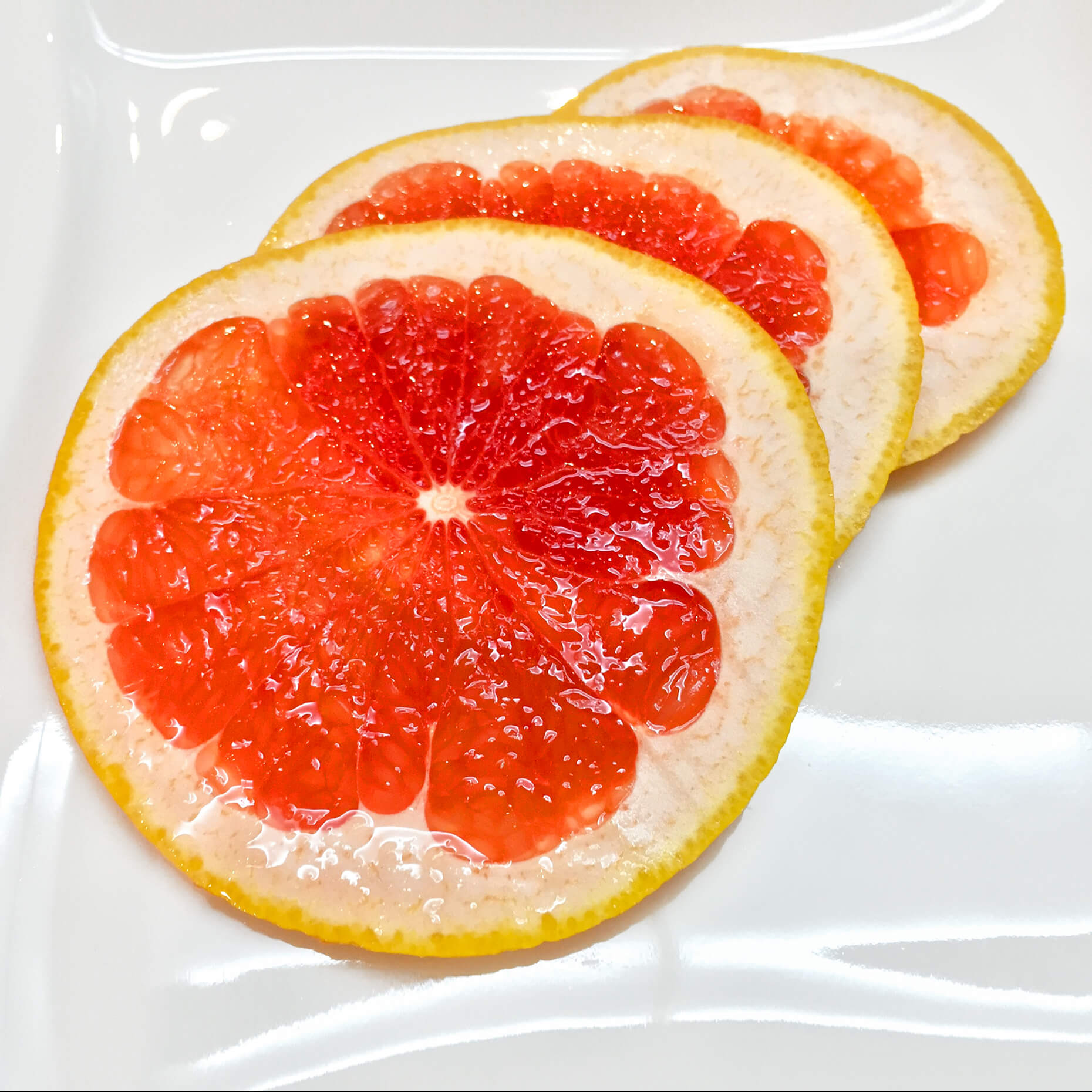
Low in calories and utterly fat-free, grapefruits contain vitamin C, A and even a little calcium and magnesium, plus traces of many other vitamins and minerals. Pink grapefruit also contains lycopene (which is being researched for its role in preventing prostate cancer) and beta-carotene. Grapefruit is very good in keeping your digestion regular, hydrating your body and (as with lemon) helping your body guard against free radicals.
Many people are wary of grapefruit due to its bitterness, but the human brain take times to get used to strong flavours and grapefruit is such a wonderful ingredient that, frankly, we think they should just get on with it! It makes a fantastic addition to a fruit salad by balancing the sweetness of other fruits (we suggest mango, grapes, pineapple and/or strawberries). You can add grapefruit juice to dressings, sauces or morning smoothies to give them a more robust and pleasant flavour structure. Try combining cooked quinoa, grapefruit segments and sliced avocado topped with cooked oily fish, such as salmon or tuna, for a ridiculously healthy supper.
Digestive Smoothie:
1/2 grapefruit
4 kale leaves
1 mango
1 date
2 large spoonfuls of coconut or natural yoghurt
1 heaped teaspoon of linseed
150ml of water
Blend all the ingredients together and enjoy.
You can also try our grapefruit soda.
Orange
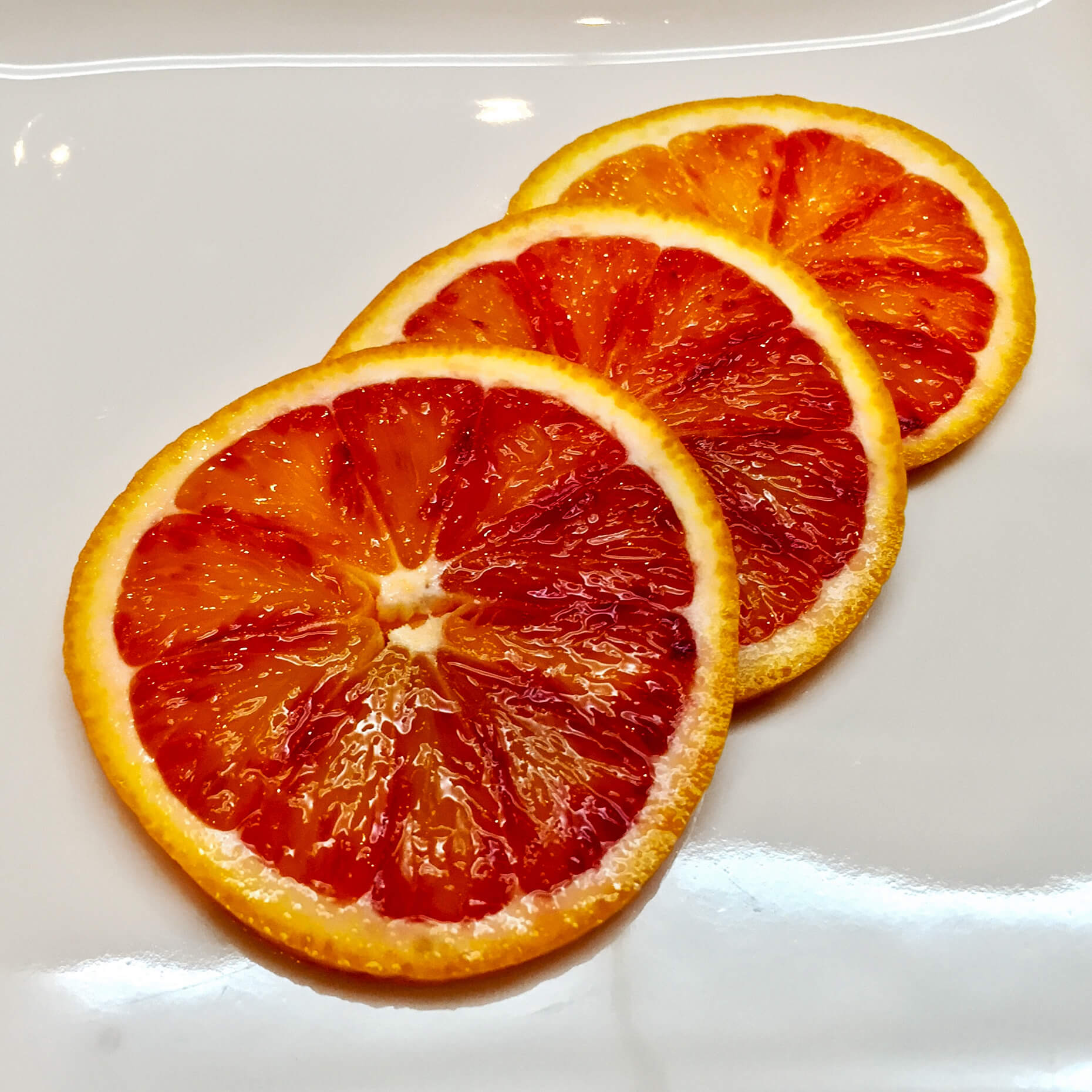
OK. We’re on more familiar ground here, but there are still many things people don’t realise about the incredibly popular orange. Again, they are packed with beneficial vitamins and nutrients, promoting clear skin thanks to the familiar antioxidants of citrus fruit. Their vitamin C content and anti-inflammatory properties make them the ideal snack if you are suffering from a cold. Potassium, folic acid, magnesium and selenium are also to be found here. They is evidence that oranges also lower blood pressure and improve cardiac health in general. They should be kept at room temperature to get the best out of them.
Their culinary uses are endless. Oranges are quite simple to incorporate as a healthy snack, since they their acidity and sweetness are well balanced. You can also make liberal use of them in desserts such as cakes, on top of meringues or stewed in a little caramel and poured over panna cotta. Savoury dishes also benefit from the orange; they work extremely well when paired with nuts or blue cheese, and can be served warm in segments alongside Labneh (a Lebanese set yoghurt) or just plain yoghurt.
To be instantly transported to southern France via a simple salad, combine fennel (finely sliced), orange segments, black olives and parsley, drizzled with a vinaigrette (3 parts oil, 1 part orange juice and a large pinch of salt). This dish works on its own or served with sea bass, salmon (or best even better, mackerel) by complementing the oil-rich fish meat – this is true of orange in general. We should also mention gammon roasted with an orange marmalade (oh yes!). If you’re still stuck for ideas, give our Jerusalem artichoke, kale and orange salad a try.
Lime

Limes are said to be a gem for women’s health as they contain calcium for healthy bones and folic acid which (as any mother knows) is essential during pregnancy and even conception. Apart from aiding healthy digestion, keeping skin looking fresh, lime juice plays a role in preventing a whole series of diseases and may even guard against kidney stone formation. Like all citrus fruit, it also acts as an anti-inflammatory and can be useful in alleviating a fever – try a few slices in a cup with ginger, honey and hot water.
Both juice and zest work brilliantly to bring out flavours in accompanying foods. Lime zest works especially well with rich Asian-inspired beef dishes (try our recipe for a Thai green curry sauce), and lime sorbet is an utter delight for the palate!
Zesty Sorbet:

240g sugar
300ml water
2 tablespoons of limoncello
Fine zest and juice of 6 limes
Strips (using a peeler) of zest from 1 of the limes
Fine zest and juice of 6 lemons
Strips of zest from 1 of the lemons
2 handfuls of chopped mint leaves
Pop the sugar, water and the zest strips in a pan
Simmer until the sugar has dissolved
Leave to cool
Remove the strips
Add the fine zest, mint, juices, limoncello and mix thoroughly
Place in a plastic container and freeze
Try to stir every 30 minutes for an even consistency
Sorbet should be ready in about 2 hours
Serve in chocolate cups
